Update: This popular deal is still available
Amazon has
Buy 1, Get 1 40% Off on Select Sun Bum Products + 20% Off when you 'clip' the coupon on the product page and check out via Subscribe & Save following the instructions below.
Shipping is free with Prime or orders $25 or more.
Thanks to Deal Hunter
Navy-Wife for finding this deal.
Note: Multibuy Discount will be applied at checkout. Coupons are typically one per account. Must be logged into your Amazon account to clip coupons. You may cancel Subscribe & Save any time after your order ships.
Instructions (prices after clipping 20% off coupon, 5% off S&S & Buy 1 Get 1 40% Off):
- Select your choice of the following items:
- Under Subscribe & Save select a quantity of 2
- 'Clip' the 20% off coupon on the product page
- Select any frequency and click set up now
- Proceed to checkout
- The prices will be as listed above
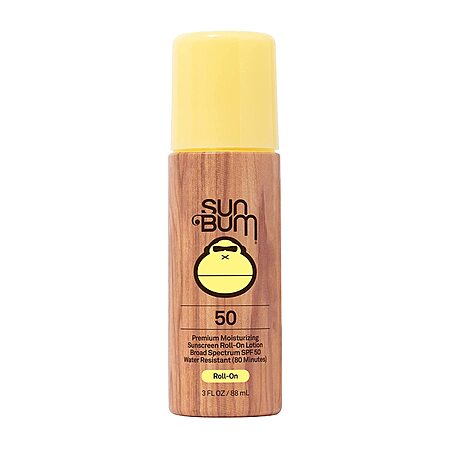
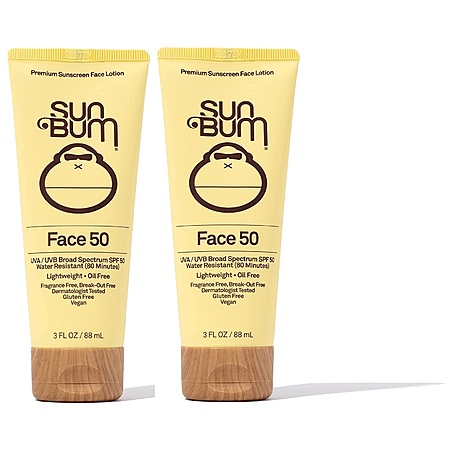
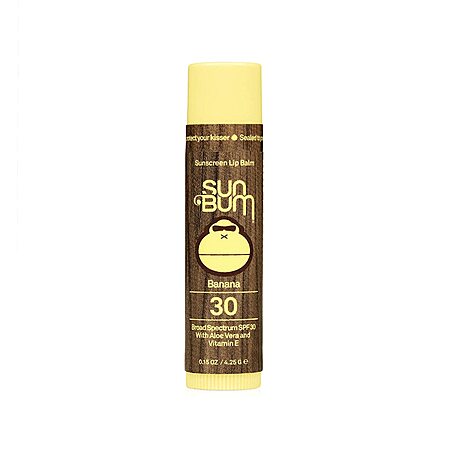
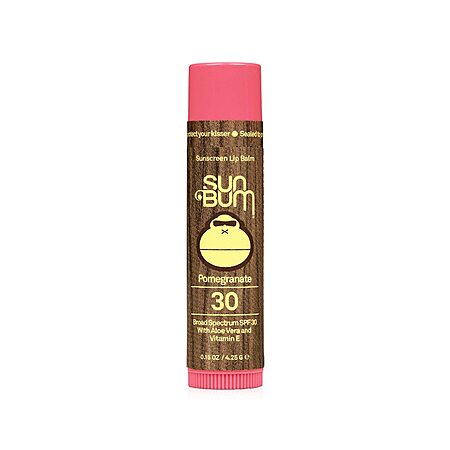
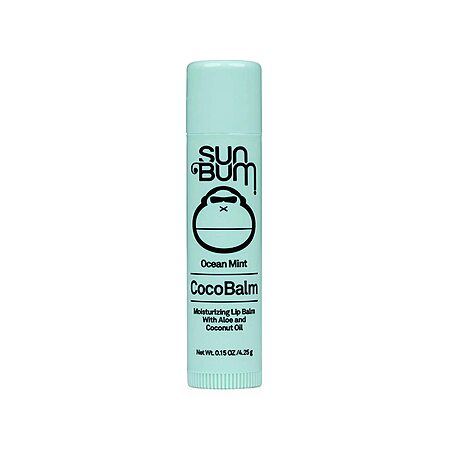
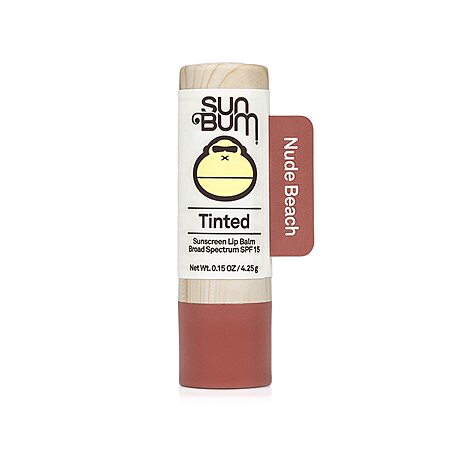
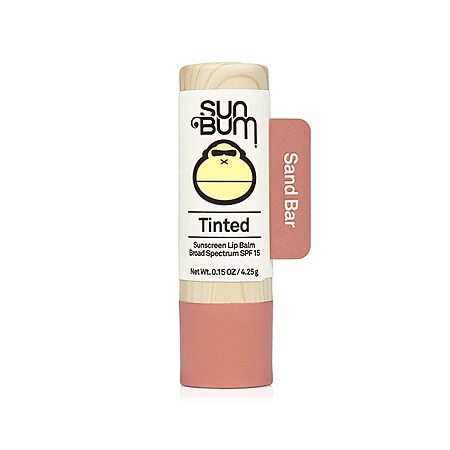
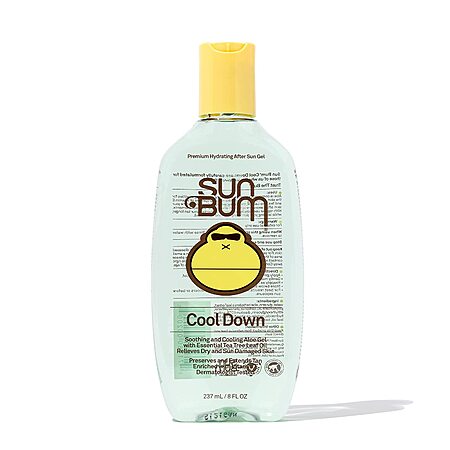
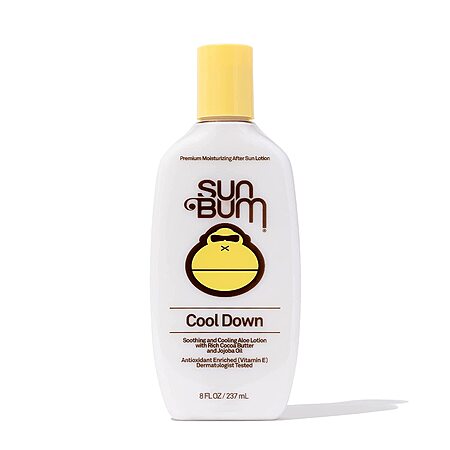
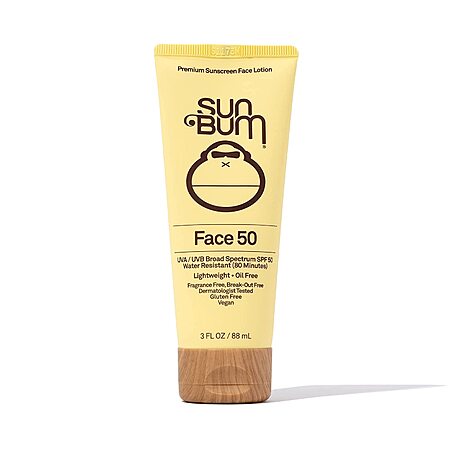
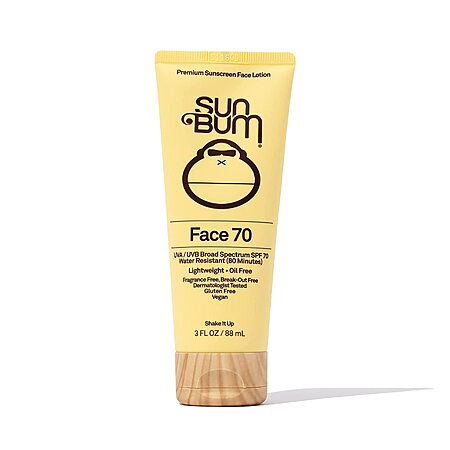
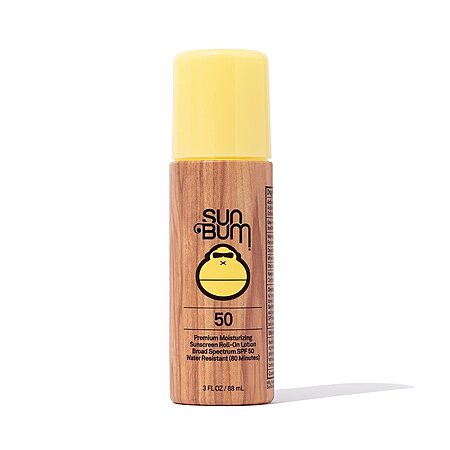
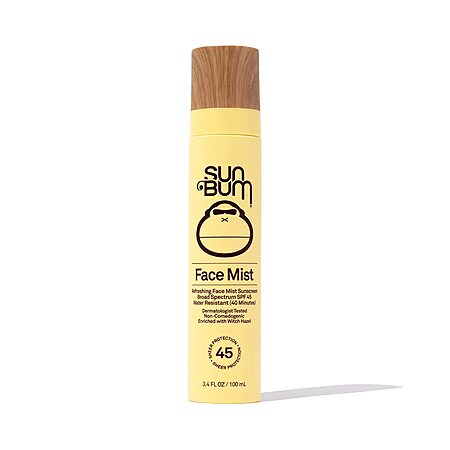
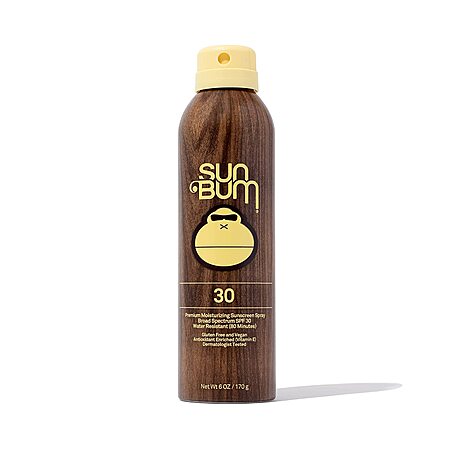
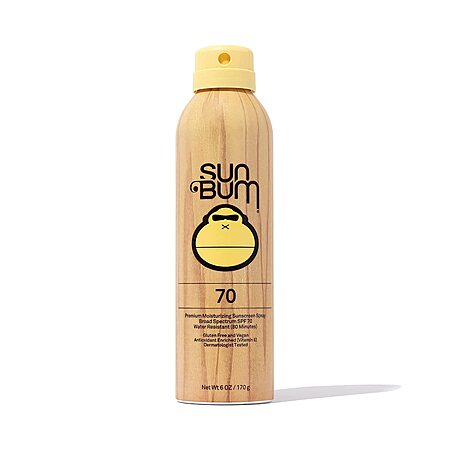
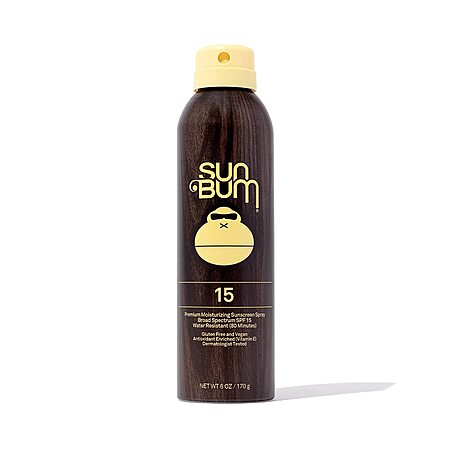
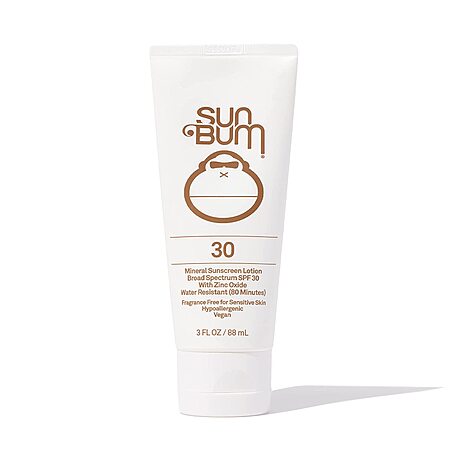
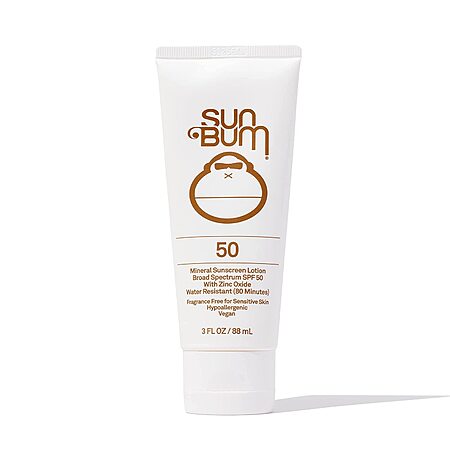
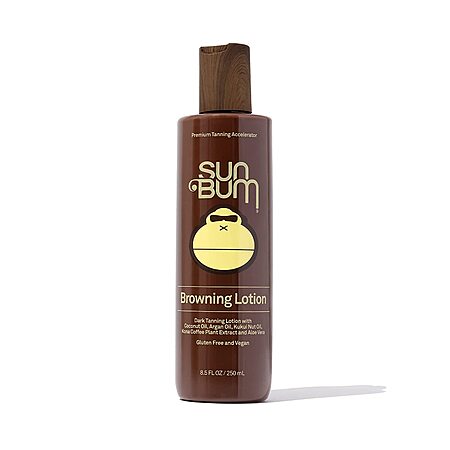
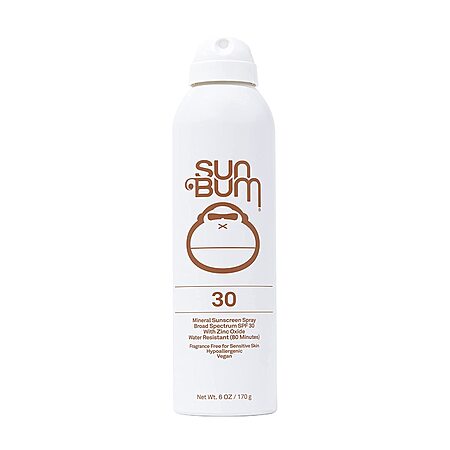
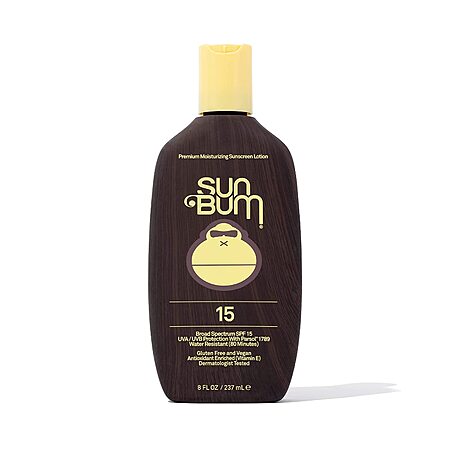
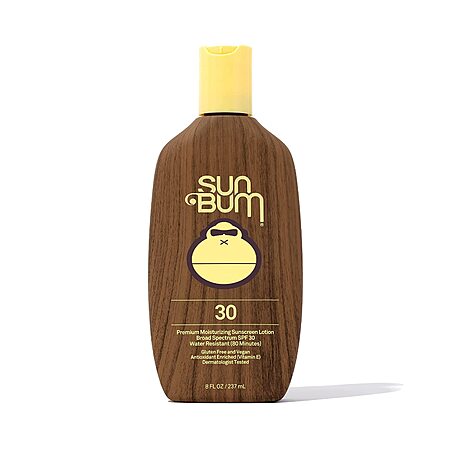
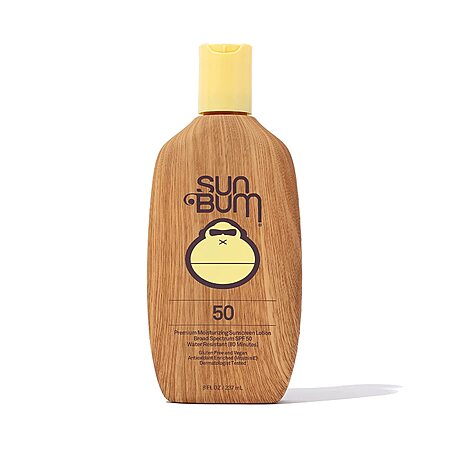
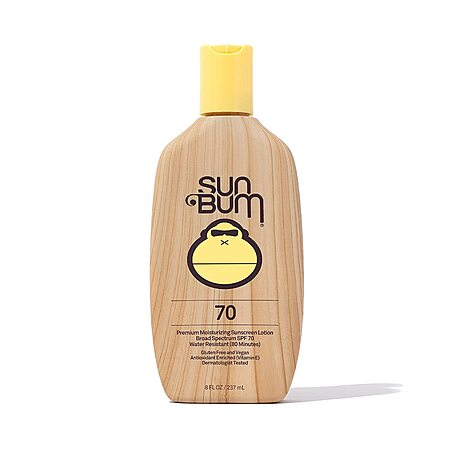
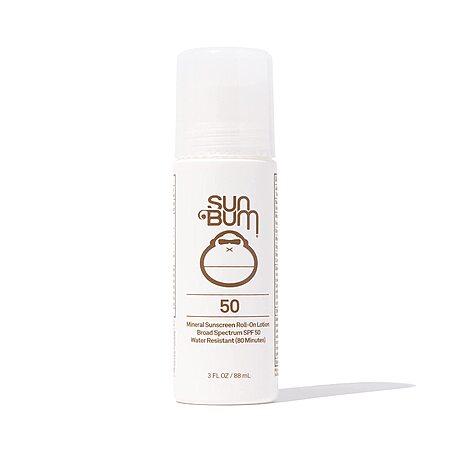
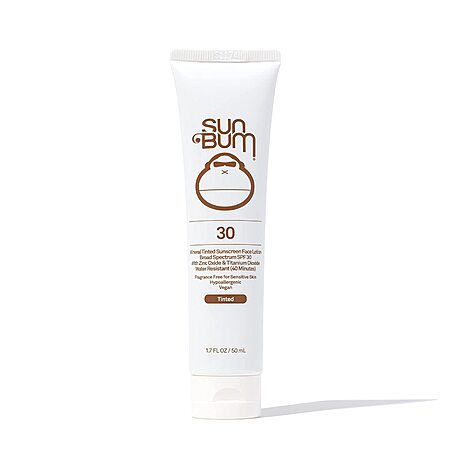
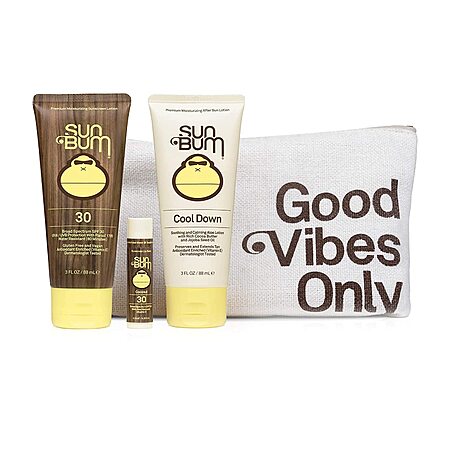
Leave a Comment
Top Comments
SPF 4 blocks 75% of UV rays
SPF 10 blocks 90% of UV rays
SPF 15 blocks 93% of UV rays
SPF 30 blocks 97% of UV rays5
SPF 50 blocks 98% of UV rays7
SPF 100 blocks 99% of UV rays7
57 Comments
Sign up for a Slickdeals account to remove this ad.
SPF 4 blocks 75% of UV rays
SPF 10 blocks 90% of UV rays
SPF 15 blocks 93% of UV rays
SPF 30 blocks 97% of UV rays5
SPF 50 blocks 98% of UV rays7
SPF 100 blocks 99% of UV rays7
Second, note that those SPF ratings are assuming a pretty high application rate and most people don't put on as much as the testers do to achieve that SPF rating. So when in doubt, apply a larger quantity and apply more often.
Last, here is the EWG guide to Sun Bum sunscreens (if you care about that sort of thing):
https://www.ewg.org/sunscreen/abo...s/Sun_Bum/
https://www.ewg.org/sunscreen/faq...nswers/#11
Sign up for a Slickdeals account to remove this ad.
This is why in civilized countries, sunscreen manufacturers aren't allowed to advertise SPF beyond a certain number (70 I think? Depends on the particular country). It gives people a false sense of "security" and/or product effectiveness. For example people might think that SPF 70 is >2x better than SPF 30, which is not even remotely the case.
This is why in civilized countries, sunscreen manufacturers aren't allowed to advertise SPF beyond a certain number (70 I think? Depends on the particular country). It gives people a false sense of "security" and/or product effectiveness. For example people might think that SPF 70 is >2x better than SPF 30, which is not even remotely the case.
Not weird, just true that's all. As for understanding of "basic concepts", that wasn't my point (and I'm pretty sure you know it wasn't, but that's OK). My reference to "civilized countries" was more a reference to countries where the population votes for a government/regulatory environment that generally places the health and welfare of its citizens above that of corporations. Not something we really see here in the US. A great example is the far superior sunscreen ingredients approved for use in Japan, Australia, and European countries compared to the US. Mexoryl XL? Tinosorb S, Tinosorb M, Mexoryl XL, Uvinul A Plus? Available in Europe. NOT available in the US. Great job, FDA. But I sure can get me some SPF 9000 with antiquated ingredients LOL. I buy my sunscreen from Canada and Europe (and more recently while I was in Japan), because the stuff for sale in the US is objectively inferior.
As to your point about "basic concepts", no-one is an expert in everything. While I have taken an interest in sunscreens and spent hours reading about ingredients, SPF, the FDA testing procedures, etc. it's unreasonable to expect ALL people to do the same. A reasonable person would agree that it's not realistic (or reasonable) to expect the general population to inform themselves about every single thing. I think it's pretty clear that one of the benefits of good regulation is to keep dangerous/useless things out of the marketplace. Why should every family have to figure out for themselves that SPF 100 is NOT twice as good as SPF 50 and only offers marginally better protection?? Are every mother and father college educated? Does every parent understand how the SPF scale works or what represents? Should they have to?
Similar to a UL listing on a product. You don't have to disassemble the product and test it yourself, to ensure that it won't catch fire, right? You trust the Underwriters Laboratories to test the product, and issue their certification. Similarly, we should be able to trust the FDA to prohibit products from hitting the market that give a false sense of protection or effectiveness. Uninformed people (e.g. "the average Joe") might see "SPF 100" and think "wow, it's TWICE as good as SPF 50! Maybe I don't need to apply as much of it... or reapply as often!". WE know this is not the case, but not everyone would know this. If people believe SPF 100 is 2x as good as SPF 50, they're likely to apply less of it. They might reapply less often. CHILDREN might learn this behavior, and spend the rest of their lives under-applying sunscreen. This is detrimental to their health, and to the health of the public at large. Less protection = more skin cancer = more death, greater burden on healthcare system, etc.
I love reading data sheets and researching ingredients. Whether it's sunscreen, herbicides, motor oil, or anything else. It's not reasonable to expect everyone to do that. It IS reasonable to expect that government and regulatory bodies would ensure that the public is not exposed to false/misleading advertising, and products that create a false sense of "performance" where it doesn't exist.
In the US we have historically operated on the "buyer beware" model, and we have been happy to let corporations f*ck people over and get away with it. In other (more civilized) countries, government and regulatory bodies tend to do a better job of holding corporations to account. When they engage in false advertising, when they pollute, when they withhold information, etc. Sunscreen is another great example of how government (in this case the FDA) has done a poor job of putting the interests of consumers (and their health) first. Disappointing, and it doesn't have to be this way. We could be better.
Sign up for a Slickdeals account to remove this ad.
Since it goes in the blood. Get a safer option.
Leave a Comment